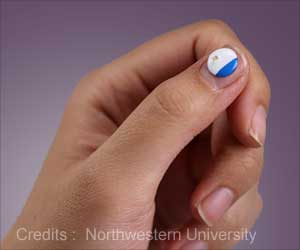Researchers say that many risk benefit calculations for solar UVR exposure must be reviewed with a revised version of the wavelength dependency for vitamin D.

‘Researchers say that many risk benefit calculations for solar UVR exposure must be reviewed with a revised version of the wavelength dependency for vitamin D.’





UVR from sunlight can cause sunburn and skin cancer, however, it is the most important source of vitamin D that is essential for healthy bone development and maintenance.Public health advice on sunlight exposure takes both risk and benefits into account. Calculating the potential risks and benefits from sunlight exposure is not simple because the health outcomes from UVR exposure vary considerably with wavelength within the sun's UVR spectrum.
For example, the sun's UVR contains less than 5% short wavelength UVB radiation but this is responsible for over 80% of the sunburn response.
Each health outcome from solar exposure has its own unique wavelength dependency.
The association between specific UVB wavelengths and vitamin D production was determined more than thirty years ago in skin samples (ex vivo). However, the finding is less well established and there have been doubts about its accuracy. These doubts compromise risk/benefit calculations for optimal solar exposure.
Advertisement
They then compared their results with those that would be predicted from the old ex vivo vitamin D study and found the previous study is not an accurate predictor of benefit from UVR exposure.
Advertisement
The new study means that many risk benefit calculations for solar UVR exposure must be reviewed with a revised version of the wavelength dependency for vitamin D.
Professor Antony Young said: "Our study shows that risk versus benefit calculations from solar exposure may need to be re-evaluated.
The results from the study are timely because the global technical committee, Commission internationale de l'éclairage, that sets UVR standards will be able to discuss the findings of this paper to re-evaluate the wavelength dependency of vitamin D. Further research from our group will determine the risk/benefit calculations."
Source-Eurekalert










